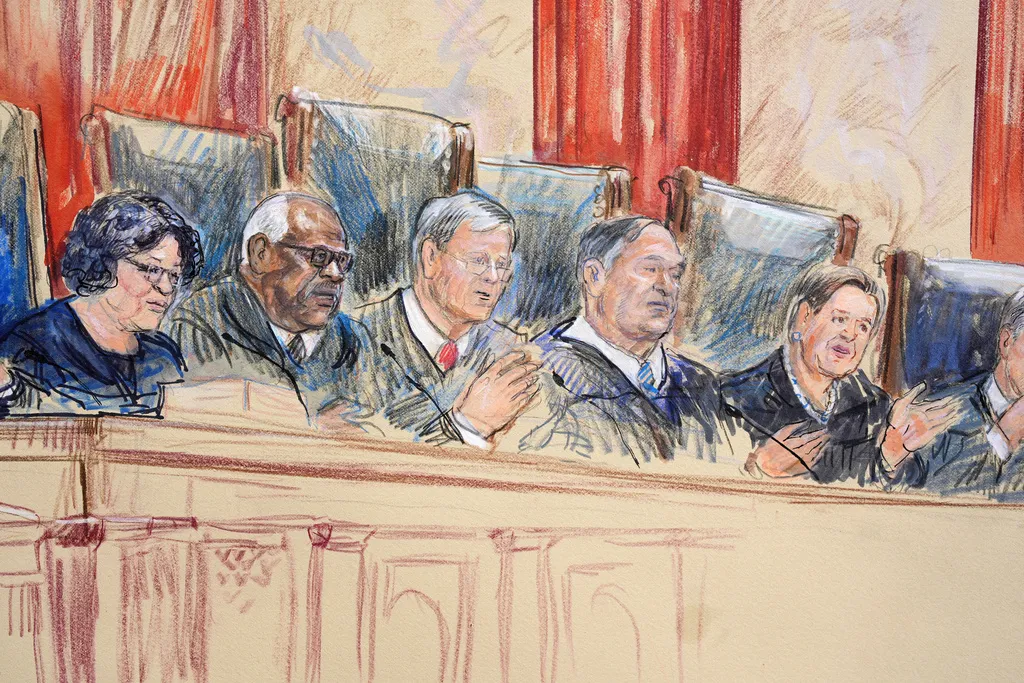

The Supreme Court on Friday shredded the administrative law precedent known as the Chevron doctrine, a move that will significantly alter the relationship between federal agencies and the courts.
“Chevron is overruled,” Chief Justice John Roberts held in a 6-3 decision.
The ruling came from one of two cases challenging a rule by the National Marine Fisheries Service that required the herring industry to bear the costs of government observers on fishing boats. The doctrine, established nearly 40 years ago in Chevron v. Natural Resources Defense Council, directed the courts to defer to an agency’s reasonable interpretation of an ambiguous statute. However, the Supreme Court’s decision signifies a major shift in administrative law.
The decision reflects growing conservative skepticism of the Chevron doctrine. Justices Neil Gorsuch and Clarence Thomas expressed particular concern over the doctrine’s effects on those subject to regulatory actions during oral arguments in January.
Solicitor General Elizabeth Prelogar, representing the Biden administration, had argued in favor of retaining Chevron, highlighting its deep roots in the Supreme Court’s jurisprudence and the significant reliance interests built around it. However, the court’s decision dismissed these arguments, which may lead to widespread challenges to regulations previously upheld under Chevron.
CLICK HERE TO READ MORE FROM THE WASHINGTON EXAMINER
The ruling may result in significant uncertainty and legal challenges as lower courts and federal agencies adjust to the new legal landscape. Although legal experts largely predicted the 6-3 Republican-appointed Supreme Court would weaken Chevron, the justices had not relied on the precedent in its rulings since 2016.
Regulatory decisions in sectors ranging from environmental protection to securities law may face increased scrutiny and litigation, as courts will now have a more active role in interpreting ambiguous statutes without deferring to agency expertise.
This is a developing story and will be updated.





